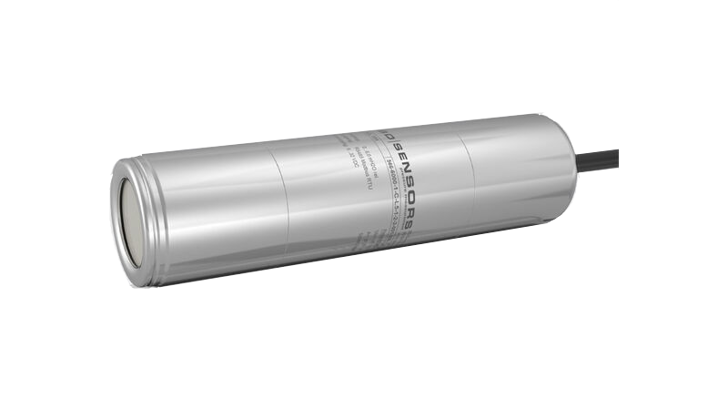Knowing exactly how much media is present in a tank or how much product is in a cargo hold is essential for running a ship. The measurement is usually performed by a level instrument using methods such as radar, ultrasonic, electrical capacity, floaters (relays) or pressure. A level measurement can be used in many applications e.g. automating the loading and transfer of cargo, ballast water and fuel to their respective tanks as well as ensure the stability of the vessel via level based trim monitoring.
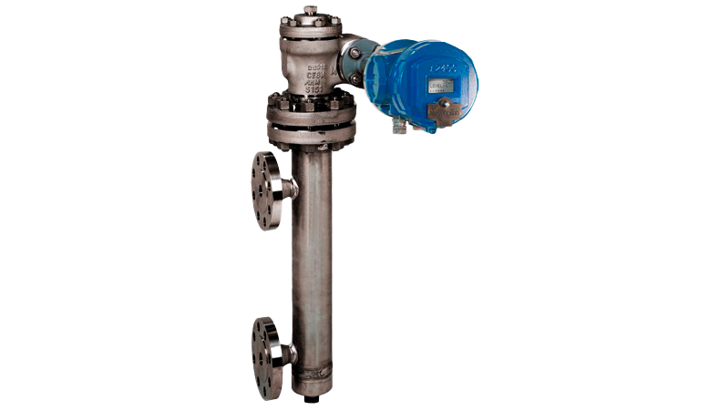
Level transmitter
Masoneilan - 12400 Level transmitter
Masoneilan's 12400 Series of level transmitters are easy to install and operate. Integrates level transmitter and switch functions into a single device. Furthermore, they are designed for optimum efficiency, upgrade capabilities and its reliability make it a cost-effective investment.
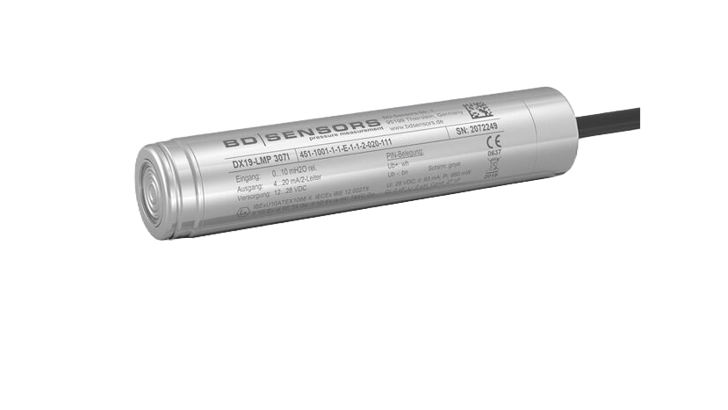
Level Probe
LMP 307i
The LMP 307i is a submersible probe from BD Sensors in stainless steel. This probe is design for continuous level measurement in water, as well as in clean or lightly polluted liquids. As the basic element of the LMP 307i is stainless steel it is designed to give exact measurements and long-term stability.
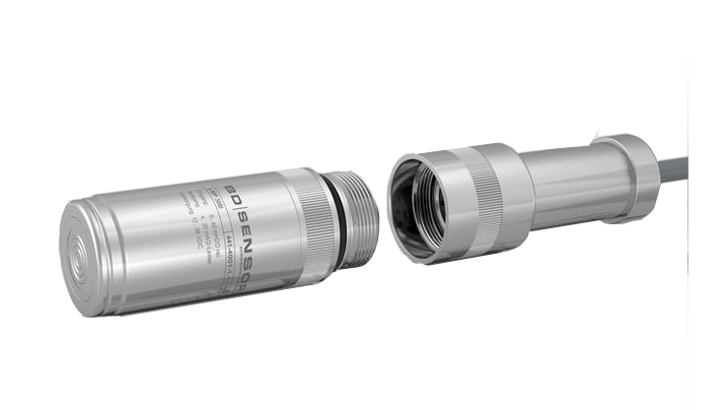
Level Probe
LMP 308i
The LMP 308i from BD Sensors is a detachable precision probe in stainless steel. This probe is designed for continuous fill level and level measurement of water and liquid mediums.
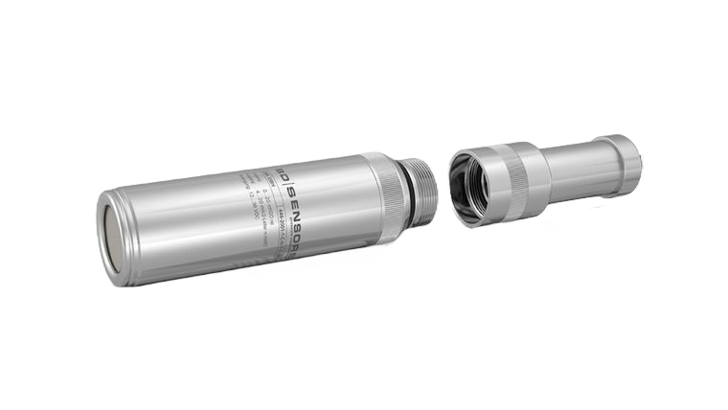
Level Probe
LMK 358H
The LMK 358H from BD Sensors is a detachable stainless steel probe, which is designed for measuring the level in for example waste water and higher viscosity media. A basic element of the probe is the capacitive ceramic sensor.
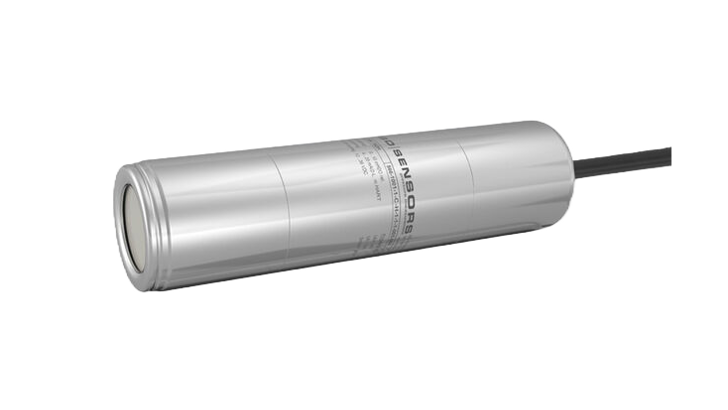
Level Probe
LMK 382H
The LMK 382H from BD Sensors is a probe designed to measure level continuously in both wastewater, waste, and mediums with higher viscosity. Furthermore, the basic element of the probe is a vigorous and high overpressure capable capacitive ceramic sensor used for, for example, low levels.
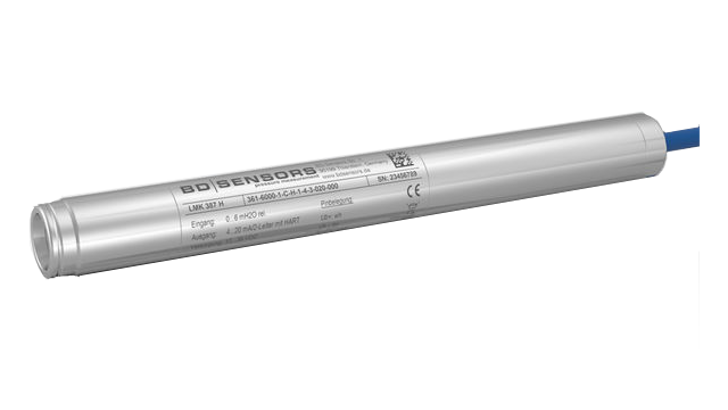
Level Probe
LMK 387H
The LMK 387H from BD Sensors is a stainless steel probe, which is developed to measure the level and gauge of both wastewater, sludge and water courses. Furthermore, the flush ceramic diaphragm has a mechanical vigor that makes it easy to disassemble and clean in case of service of the probe.
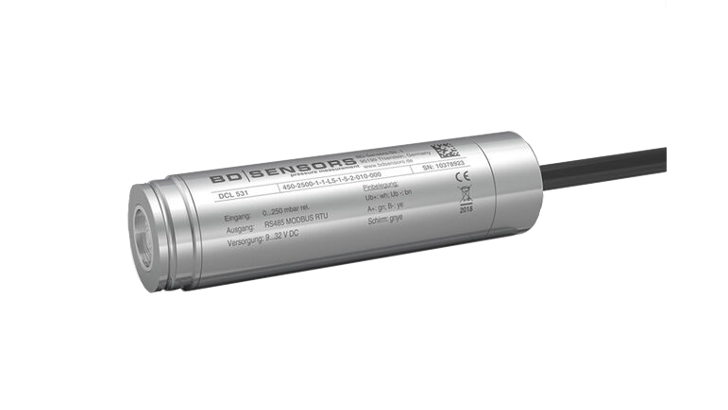
Level Probe
DCL 531
The DCL 531 from BD Sensors is a stainless-steel submersible probe with the RS485 interface. Moreover, the probe’s basic element is a stainless-steel sensor of great quality that meet the highest requirements for accurate measurement with exceptional long-term stability.
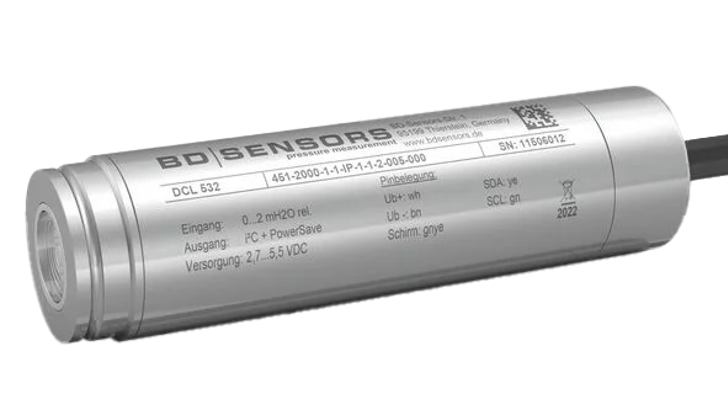
Level Probe
DCL 532
The DCL 532 from BD Sensors is a stainless-steel submersible probe with digital i²C-interface. Moreover, the probe’s basic element is a stainless-steel sensor of great quality that meet the highest requirements for accurate measurement with exceptional long-term stability.
No results found
Level
The Basics of Level Measurement
Level measurement is basicly measuring the quantity of a product within a vessel/tank. This could be either a soild or liquid substance like oil, chemicals or coal. The level measurement device is usually placed on the top of the vessel or the bottom/side depending on the measuring princible.
When doing a continuous level measurement a level transmitter detects the level of a medium in a tank and converts it into an electrical signal. The level signal can be displayed locally or incorporated into an on board management system.
A point level detection is a level transmitter which detects when a certain predefined level is reached. A switching command starts or stops filling equipment or similar from the sensor signal.
We offer level sensors across all the different measuring principels which includes:
- Radar
- Guided Wave Radar
- Ultrasonic
- Capacitive
- Hydrostatic
- Radiation-based
- Vibration
Guidance to Choosing the Correct Level Sensor
We have been supplying level sensors of almost all types for decades, and we know which type of instrument would be most appropriate for your application, based on your requirements to accuracy, conditions where it should be used and what your end-purpose with the sensor is. We will gladly assist you in choosing the correct instrument with the desired characteristics and features, and we aim to provide a satisfactory solution to your needs the first time. Regardless if your focus on accuracy, special ambient conditions, ease of installation or price. As we have all supporting functions in-house, we can even help you with installation, maintenance, repair or up-stream signals integration.
